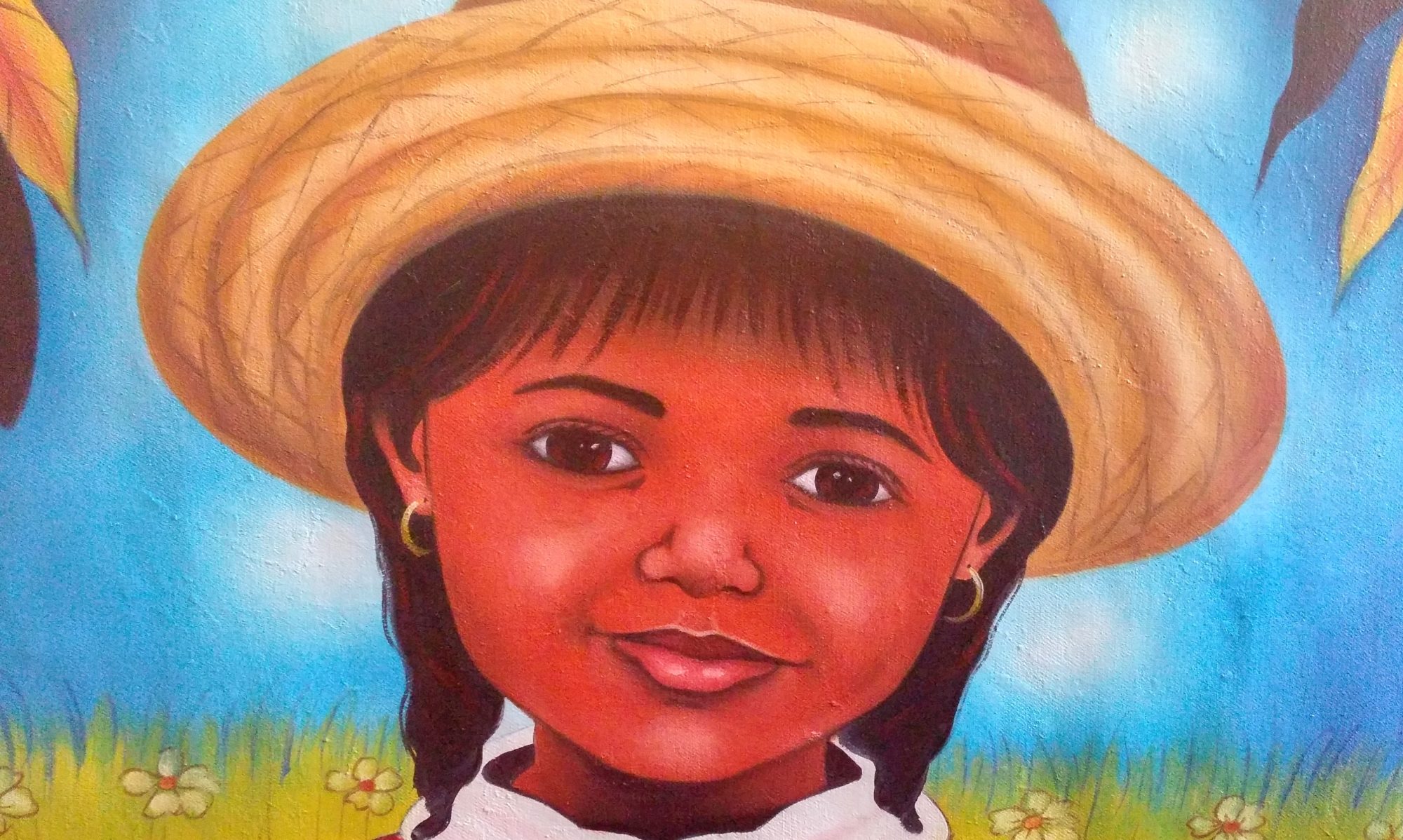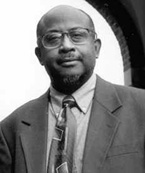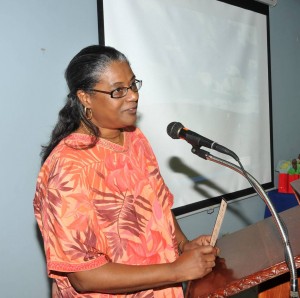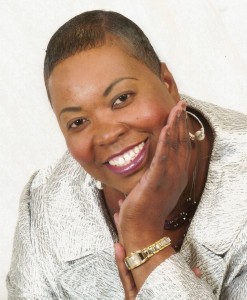 “I was not supposed to be here right now,” says Olga Latorture of Winter Haven, Florida. Every word comes with a larger-than-life smile. She has a tendency to look skyward when she talks, as if there are unseen beings constantly keeping watch over her. “I survived for a reason. I cannot waste a single moment of my life. My children need me. I am here to take care of them.”
“I was not supposed to be here right now,” says Olga Latorture of Winter Haven, Florida. Every word comes with a larger-than-life smile. She has a tendency to look skyward when she talks, as if there are unseen beings constantly keeping watch over her. “I survived for a reason. I cannot waste a single moment of my life. My children need me. I am here to take care of them.”
It’s been almost two years since the breast cancer diagnosis, painful treatments, and hellish days which tried but did not destroy Olga’s resilience and faith. “Here I am!” she exclaims, eyes beaming with quiet strength, gratitude, and grace. “When people hear the word cancer, they see death. They see funerals. I see survival. I see life.”
The adjectives resilient, tenacious, victorious fit Olga like a custom-tailored three-piece suit. Subtle spices lift off skin that glows from endless hours in the hot kitchen. Her name is on the sign that hangs above the entrance of her modest carry-out/restaurant. “Olga’s Restaurant is a family business,” she announces proudly. “My daughter and I cook the food we serve. When you come to our place, we treat you like family.”
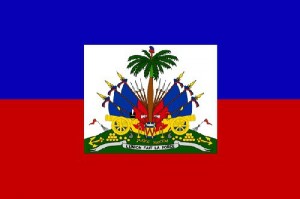 The big Haitian flag billowing fiercely out front lets you know where Olga’s heart is, or was–once upon a time. Olga’s restaurant is closer to Walt Disney’s Cinderella’s Castle than it is to her native Cap Haitien. She misses her homeland terribly, but refuses to partake in the kind of paralyzing nostalgia that keeps one from moving forward. “The Haiti I knew no longer exists,” she says matter-of-factly. “There was a time when the country was the pearl of the Antilles. Yes, now, I have to be realistic.”
The big Haitian flag billowing fiercely out front lets you know where Olga’s heart is, or was–once upon a time. Olga’s restaurant is closer to Walt Disney’s Cinderella’s Castle than it is to her native Cap Haitien. She misses her homeland terribly, but refuses to partake in the kind of paralyzing nostalgia that keeps one from moving forward. “The Haiti I knew no longer exists,” she says matter-of-factly. “There was a time when the country was the pearl of the Antilles. Yes, now, I have to be realistic.”
Olga Latorture has endured the kind of abysmal physical pain that makes one appreciate the moment. She’s too busy being ‘present’ to live in the past or some unseen future.
 “Resilience means dealing with whatever comes at you wherever you are. It means having the strength to ignore certain things and overcome others. If Haitians were not a resilient people, we could not even live in the United States. We endure insult on top of insult. For example, when one Haitian person is sick, they think we’re all sick. When one commits a crime, they think we’re all guilty. It takes resilience to keep holding our heads up, but we do. That is how and who we are. We make the best of whatever we hold in our hands. That is who I am. That is who I have to be for my children.”
“Resilience means dealing with whatever comes at you wherever you are. It means having the strength to ignore certain things and overcome others. If Haitians were not a resilient people, we could not even live in the United States. We endure insult on top of insult. For example, when one Haitian person is sick, they think we’re all sick. When one commits a crime, they think we’re all guilty. It takes resilience to keep holding our heads up, but we do. That is how and who we are. We make the best of whatever we hold in our hands. That is who I am. That is who I have to be for my children.”
Olga has lived in the US for seventeen years. She worked for twelve years as a cake decorator at Publix before opening her restaurant in 2009. “I wanted to work for myself, you know. That is part of the American dream, yes?”
Unlike those who secretly enjoy the benefits of living in the US yet drop criticism every two seconds, Olga is unabashedly grateful for the opportunities she says she would not have had in Cap Haitien.
Call the United States whatever you like, but if you have a dream and a plan, this is the place to set them in motion. If you show up early, timecard ready to punch in to the great corporation called Your Life, there’s no telling what you might do. There are no lunch breaks; the hours and weeks run into one another; there are no sick days, no holidays; no maternity/paternity leave, no vacation; you have to work like your future and your children’s great-grandchildren’s future depend on it, but the benefits are limitless.
Exercise your faith and know that you will achieve IT, whatever it is. Whatever happens, however, don’t let go of your end of the rope. That’s what we Haitians mean when we say: “Kenbe la.” Don’t lose sight of your goal.
“I want my children to have more than this,” Olga makes a sweeping motion with her arms. “Running a business is not easy. It takes time for it to grow. We’ll get there, though. People come to my restaurant for the food I love to cook for them. This is the place where I show off our beautiful Haitian culture.”
 If you’re looking for white tablecloths, soft music, and a wait staff to take your order, go elsewhere. If your belly growls for good Haitian food, and you happen to be in Winter Haven, Florida, make your way to Olga’s place. If you want a side of inspiration to go with your fried plantain, sit and chat with Olga for a while. You won’t be dissapointed.
If you’re looking for white tablecloths, soft music, and a wait staff to take your order, go elsewhere. If your belly growls for good Haitian food, and you happen to be in Winter Haven, Florida, make your way to Olga’s place. If you want a side of inspiration to go with your fried plantain, sit and chat with Olga for a while. You won’t be dissapointed.
Kenbe la!
Olga’s Restaurant is located at 1846 N 1 Street ~ Winter Haven, Florida ~ 33881
